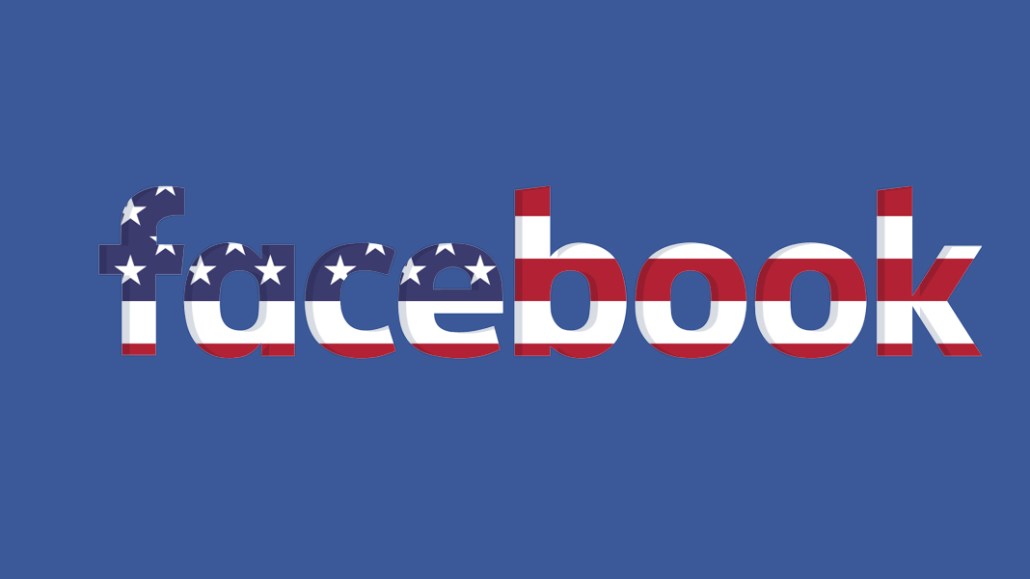Secure your place at the Digiday Media Buying Summit in Nashville, March 2-4
Facebook’s issue ads policy adds barrier to brands jumping on social movements

To clean up its ad network, Facebook is requiring authorization for every advertiser that wants to advocate on national issues, drawing both praise and confusion from agencies.
This week, Facebook released a list of 20 issues that are subject to its new terms, including abortion, guns and immigration. That’s only the first version of the list, and it only pertains to ads targeting U.S. users. Facebook has yet to show how issue ads will be labeled for users. Facebook also is monitoring other countries. The company promised to block foreign spending on ads related to abortion in Ireland ahead of an upcoming referendum.
So far, agencies have welcomed the changes, in part because they quell some of the negative pushback from users and advertisers following Russian interference in the 2016 U.S. presidential election. Russia-linked political ads weren’t just addressing certain candidates, but also touched on movements like Black Lives Matter and gun control. The restrictions are an attempt to make sure Facebook’s platform is not manipulated in an election again.
“It’s a positive step in restoring consumer confidence that the platform is taking action to stop rogue agents,” said Mark Systma, associate director of paid social at Huge. “That said, as far as a brand or agency, there’s no immediate impact to us at this point.”
It remains to be seen how much Facebook will be able to effectively police issue ads on the platform. The plans have been in the works since shortly after the election and have been slowly introduced. A Facebook spokesperson said authorization for advertisers and labels for issue ads targeted to U.S. users will be required by June.
“This policy, as we mentioned back in October, brings more transparency to online advertising and helps prevent abuse on the platform, while still promoting legitimate discussion of social issues and honest civic debate,” said Monika Bickert, Facebook’s vp of global policy management, in a statement.
Facebook worked with third-party organizations, including Comparative Agendas Project, to decide on the initial list of 20 issues. Given that the list didn’t include animal abuse or conservation issues (other than the broad term “environment”), it’s unclear if an organization like PETA would be affected by the change.
Joel Bartlett, PETA’s vp of marketing, said the nonprofit has followed Facebook’s instructions to be authorized and that the move to police issue ads was good overall.
“PETA is happy with any efforts that will help Facebook repair the public’s trust in the platform that helps us reach millions of people about cruelty to animals and what they can do to stop it,” Bartlett said.
The new Facebook requirement isn’t a heavy burden for big marketers and agencies, but one buyer questioned whether it would create a new hurdle to joining social movements via targeted ad campaigns.
“I’m interested to see how tonality and satire play into the restrictions as we often test humor across segments via dark posting,” said Lauren Reddy, vp and director of media at Barker. “The most relevant humor tends to be rooted in issues of public importance, so it would certainly limit the playing field.”
More in Marketing

Future of Marketing Briefing: AI’s branding problem is why marketers keep it off the label
The reputational downside is clearer than the branding upside, which makes discretion the safer strategy.

While holdcos build ‘death stars of content,’ indie creative agencies take alternative routes
Indie agencies and the holding company sector were once bound together. The Super Bowl and WPP’s latest remodeling plans show they’re heading in different directions.

How Boll & Branch leverages AI for operational and creative tasks
Boll & Branch first and foremost uses AI to manage workflows across teams.








